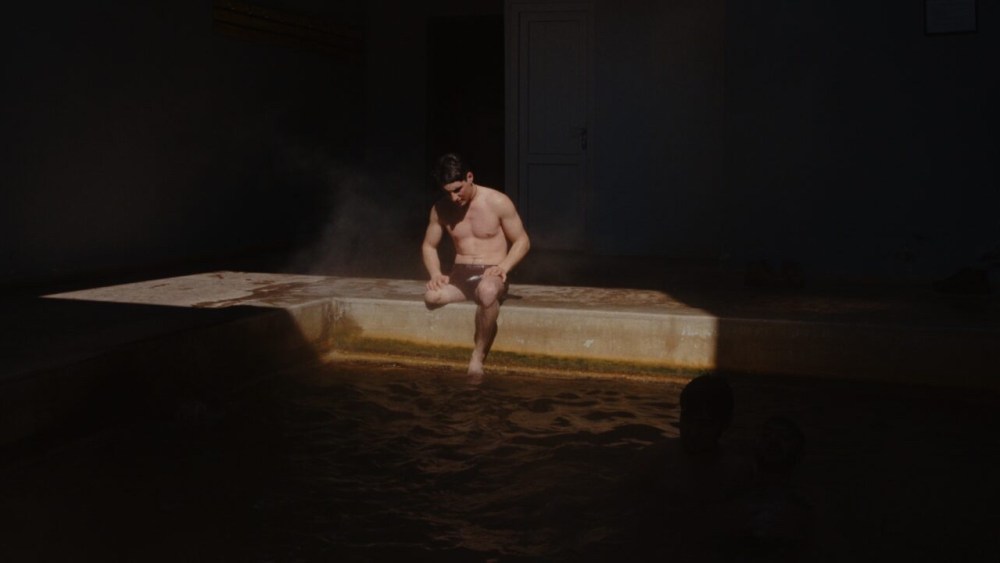In “The Black Garden,” the debut film by Alexis Pazoumian, a first-time Armenian French filmmaker, showcases a profound connection to his ancestral homeland, portraying it with such profound sensitivity that one might mistakenly assume he has spent a lifetime there. Through the lens of three generations of Armenian men over a span of three years, Pazoumian adeptly captures the political turmoil, social dynamics, and geographical landscape of Talish, a small village situated on the border between Armenia and Azerbaijan.
Talish, nestled in the Armenian enclave of Nagorno-Karabakh, has borne witness to significant strife over the years. Positioned on the volatile border, the village often finds itself in the crosshairs during Azerbaijan’s assaults on Armenia—a conflict stemming from the aftermath of the Soviet Union’s dissolution in the early 1990s. The residents of Talish, both young and old, face stark choices for their survival: endure life under occupation amidst the looming specter of death or uproot themselves, becoming displaced from their cherished homes. The men spotlighted in “The Black Garden” opt to confront these challenges in their unique ways.
From the youthful role-playing of Samvel and Avo as makeshift soldiers amidst the village’s ruins to Erik, a young man who enlists in the war effort to defend Talish at the cost of losing a limb, and Karen, a middle-aged individual marked by resilience and anguish reflecting on a tumultuous past and present—each narrative thread underscores a deep-rooted attachment to their community. Talish, for these men, symbolizes not just a sense of belonging but also a profound connection to their heritage, driving them to preserve their legacy. Every action they undertake, whether selecting military attire, participating in historical commemorations, or honing defensive skills, evolves into a ritual reinforcing their commitment to the cause.
Drawing upon his background as a photographer, Pazoumian infuses the film with visually stunning imagery that transcends mere depictions of conflict aftermath. The desolate, abandoned structures juxtaposed with poignant recollections of their vibrant past breathe life into the narrative. Through the juxtaposition of scenic landscapes and personal testimonies, the film elucidates the enduring motivations behind their struggle. Pazoumian skillfully integrates visual and auditory cues from news broadcasts and personal devices to mirror the characters’ emotional states. While the film occasionally interjects with explanatory tiles disrupting the flow, the overarching storytelling remains lucid, bolstered by evocative visuals.
Against the backdrop of contemporary global events, “The Black Garden” resonates deeply, drawing parallels between the characters’ ordeals—be it bombardments, scarcity, or displacement—and the harsh realities depicted in daily news cycles. Shedding light on a protracted conflict often overlooked by the world, the film compels viewers to confront their own knowledge gaps.
Beyond being a mere documentation of conflict, “The Black Garden” transcends into a poignant narrative delving into the lives of four men who embody the spirit of their village and people. Through intimate cinematography and astute observation, Pazoumian and his team illuminate the rich history of Talish, offering audiences a profound glimpse into a lesser-known corner of the world.
